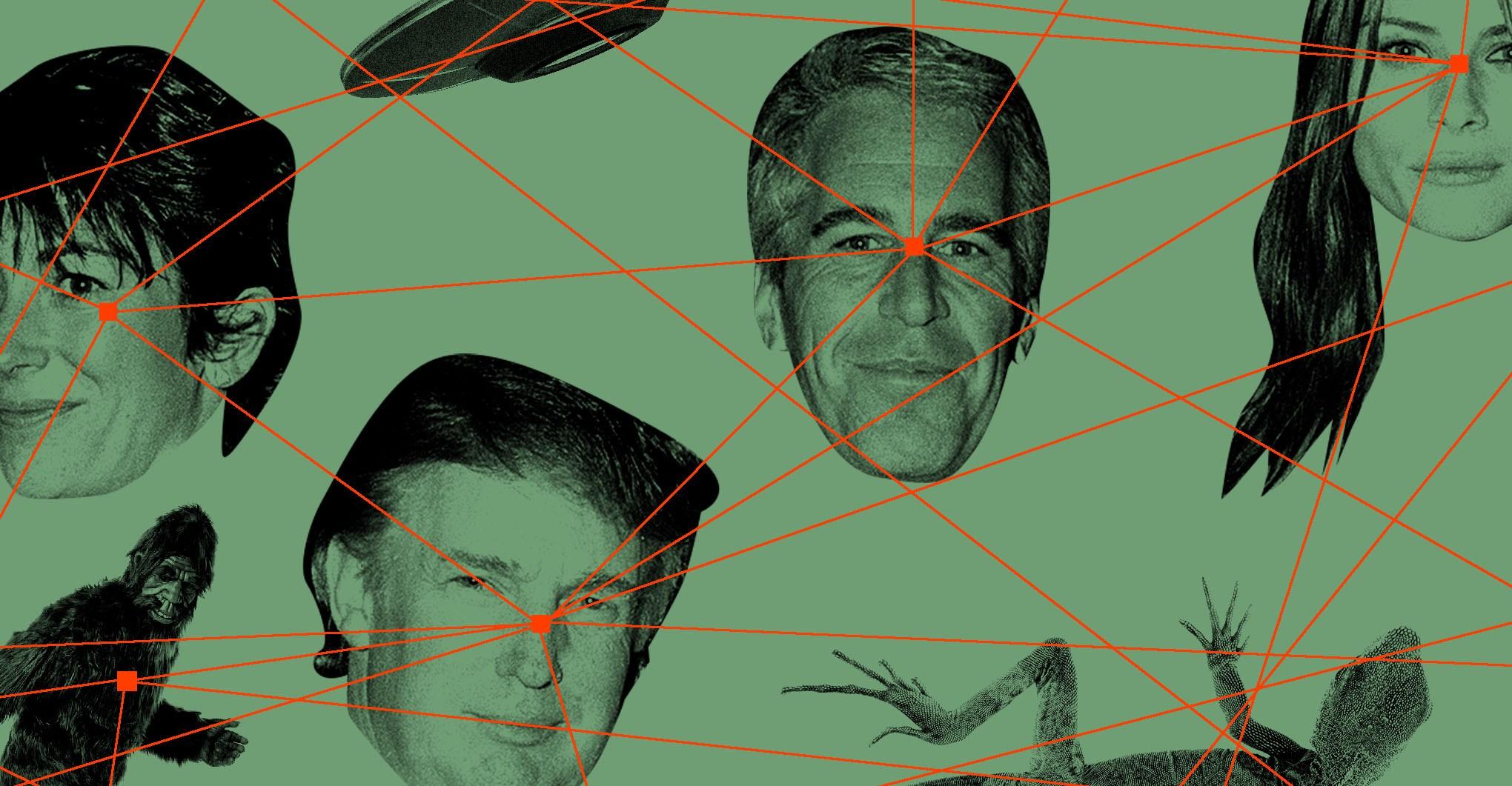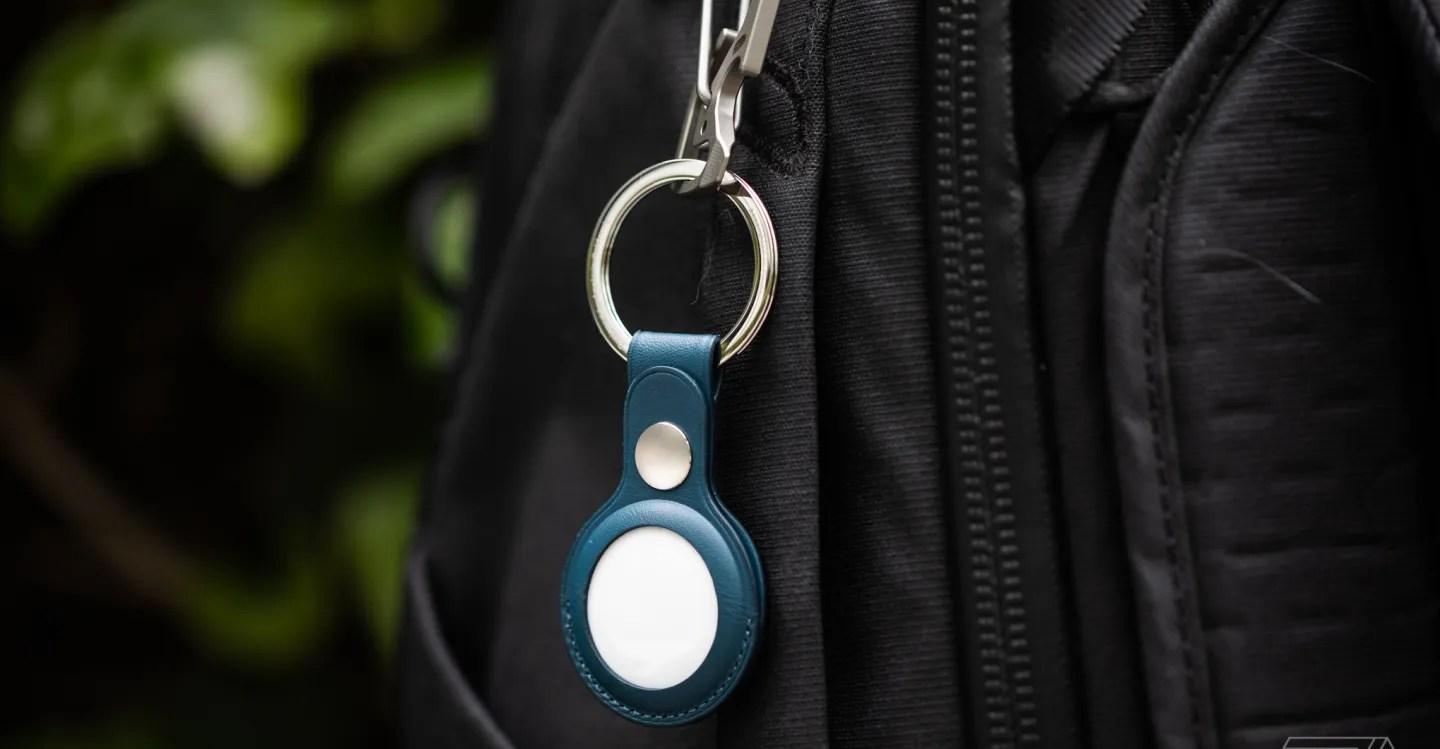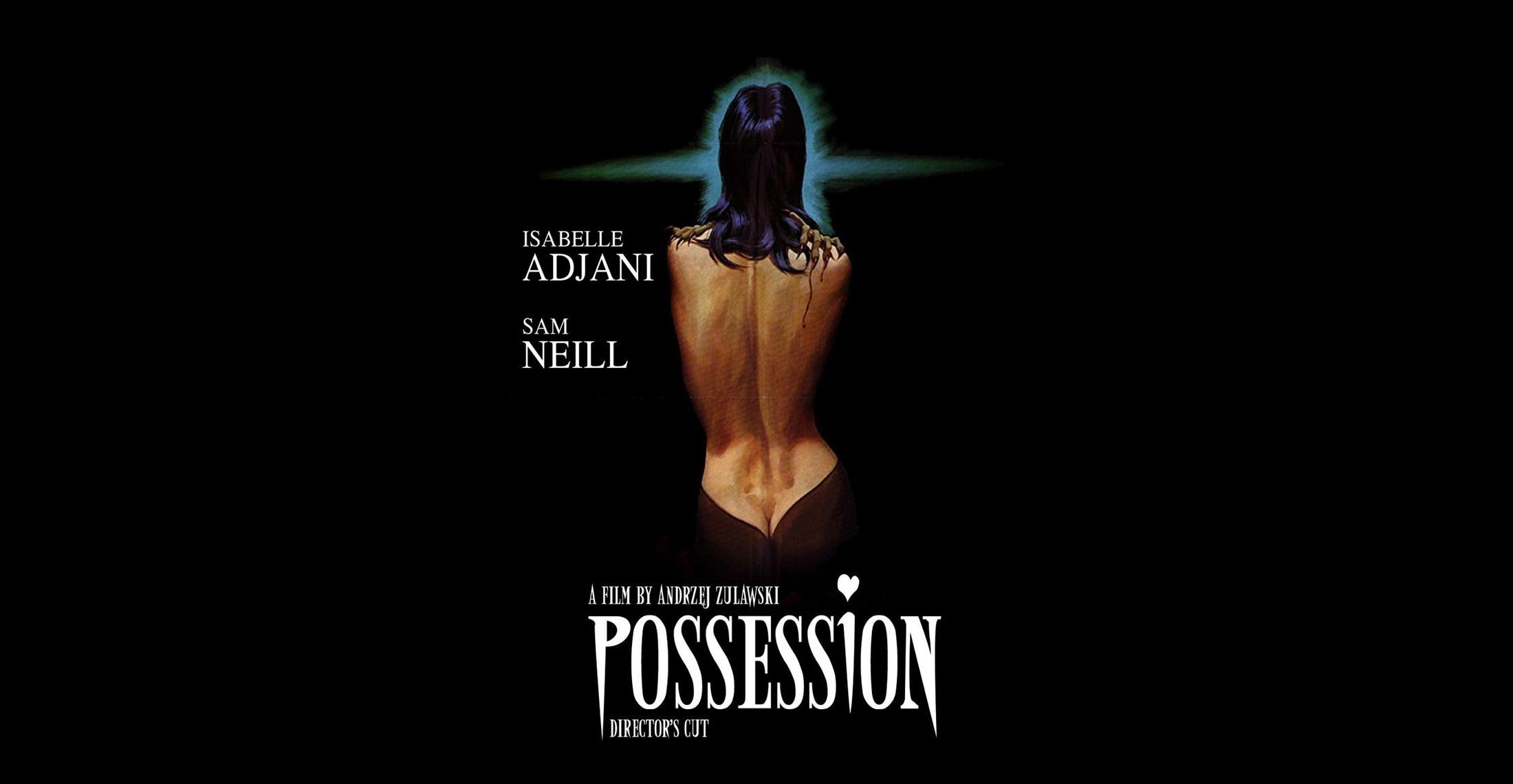With just weeks left to pass legislation before Congress adjourns, X CEO Linda Yaccarino announced she worked with the authors of the Kids Online Safety Act (KOSA) to update the bill in what seems like a play to win over the Republican House leaders standing in the way of it becoming law.
- Home
- Technology
- News
X helps update Kids Online Safety Act in final push for passage in the Republican-led House
X helped make changes to the Kids Online Safety Act during a final push to pass the legislation before Congress adjourns, in an apparent bid to persuade Republican leaders.


The striking announcement is the latest example of how Elon Musk and his companies are taking on significant roles in influencing government output. While it’s not unusual for outside stakeholders, including companies, to weigh in on pending legislation, the fact that the bill’s sponsors, Sens. Richard Blumenthal (D-CT) and Marsha Blackburn (R-TN), announced X’s input indicates they view it as helpful to the bill’s chances of passing.
“Led by X, the new changes made to the Kids Online Safety Act strengthen the bill while safeguarding free speech online and ensuring it is not used to stifle expression,” Blumenthal and Blackburn said in a joint statement. “These changes should eliminate once and for all the false narrative that this bill would be weaponized by unelected bureaucrats to censor Americans. We thank Elon and Linda for their bold leadership and commitment to protecting children online and for helping us get this bill across the finish line this Congress.”
KOSA aims to make the internet safer for kids by imposing a duty of care on tech platforms to prevent and mitigate certain harms when they implement certain design features, including photo filters and infinite scroll. The bill passed overwhelmingly in the Senate over the summer but has stalled in the House, with the bill’s critics fearing it could be weaponized against disliked speech or lead to a more restricted internet due to platforms’ fears of legal risk.
The changes include a clarification that the bill can’t be used to enforce the platforms’ duty of care “based upon the viewpoint of users expressed by or through any speech, expression, or information protected by the First Amendment to the Constitution of the United States.” It also narrows the duty of care with respect to anxiety and depressive disorders to make it enforceable only when those conditions are “objectively verifiable” and linked to “compulsive usage.”
Yaccarino previously endorsed the bill on behalf of X earlier this year, while CEOs of companies like Meta and Google have not gone so far, and KOSA supporters point to tech lobbying as a key obstacle.
But Republican leadership in the House has also become a hurdle for the bill’s passage. House Speaker Mike Johnson (R-LA) told Punchbowl News in October, “I love the principle, but the details of that are very problematic.” He worried about “unintended consequences.” House Majority Leader Steve Scalise (R-LA) is viewed as potentially even harder to win over, Punchbowl reports, and is concerned about the scope of the duty of care in the bill.
Pakistan issues demarche to Kabul over use of Afghan soil in Bajaur attack
- 14 hours ago

Why are Epstein’s emails full of equals signs?
- an hour ago

Four terrorists killed in IBO in KP’s Lakki Marwat: ISPR
- 9 hours ago
King Charles’ brother Andrew arrested on suspicion of misconduct in public office: BBC
- 14 hours ago
Taylor Swift named best-selling artist of the year for sixth time
- 14 hours ago

How much did gold and silver prices gain in Pakistan today?
- 15 hours ago

Apple’s first-gen AirTags are still worth buying now that they’re $16 apiece
- an hour ago

You need to watch the intensely surreal cult classic Possession
- an hour ago

Logitech’s new Superstrike is a faster, more customizable gaming mouse
- an hour ago
West Indies ease past Italy to tune up for T20 Super Eights
- 14 hours ago
Trump leads first meeting while Hamas tightens grip in Gaza
- 9 hours ago
Pakistan, US ink pact to redevelop New York’s Roosevelt Hotel
- 9 hours ago








